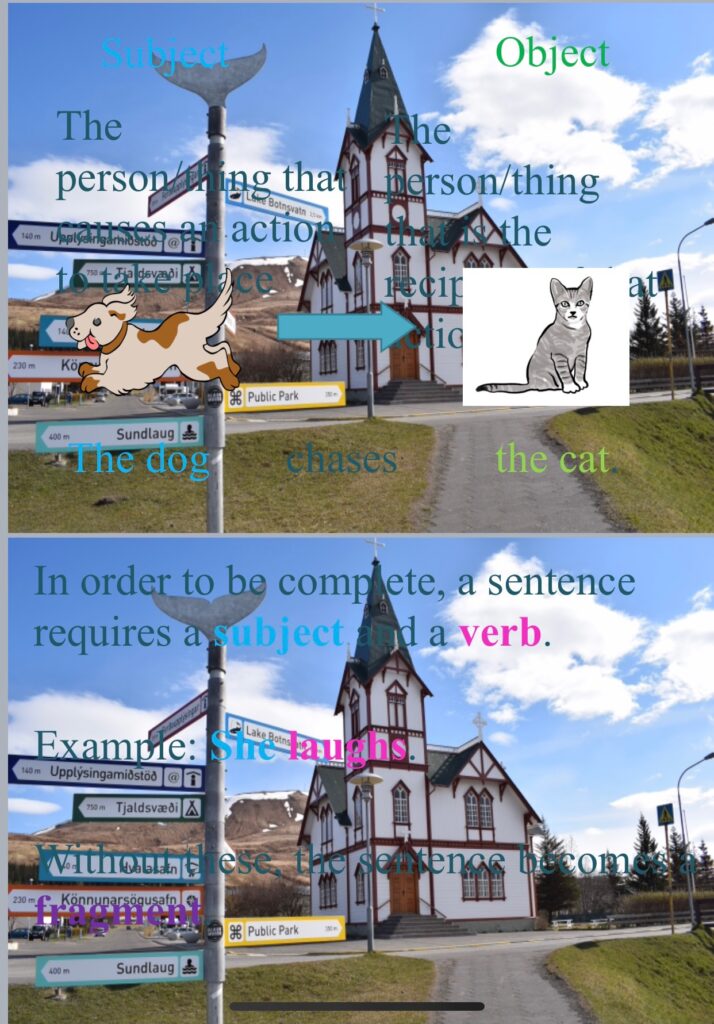This weeks topic informed me of different learning theories. I have not learned much about these different theories and how it can affect the learner. However, now that I have more knowledge, I am able to understand these theories better. For example, I have used behaviorism methods at the summer camp I work at. All the campers have special needs and learn and cooperate differently. Since communication was often an issue, it was hard to establish rules, goals, and expectations in the camp. Thus, I used the behaviourist theory. I would reward good behavior, completing tasks, and listing to the leaders. This worked well for some of the campers but not all. Other theories like cognitive and constructivist would not work as well with children with special needs. These theories are more learner centered methods.
Moreover, I agree with Phillips points about death by PowerPoint. I often struggle following slides as well as listening to my professors lecture. I find that there is often too much text on slides which causes confusion. Recently, I had to read over a PowerPoint from a class I missed.

The PowerPoint was chaotic and hard to follow. The Background of the PowerPoint has a picture with buildings, street signs and many different colours. This made it hard to read the text on the slide. Phillips guide to a good PowerPoint would make my learning experiences better. One idea per slide would allow learners to focus on that one idea as well as being able to listen to the lecture.
References
Phillips, David JP. (2014, April 14). How to avoid death by PowerPoint [Mp4]. TED Talks. https://www.youtube.com/watch?v=Iwpi1Lm6dFo
Brain Health. (2021). The University of Texas at Dallas. https://brainhealth.utdallas.edu/center-for-brainhealth-public-lecture-series-brings-nationally-recognized-e/
